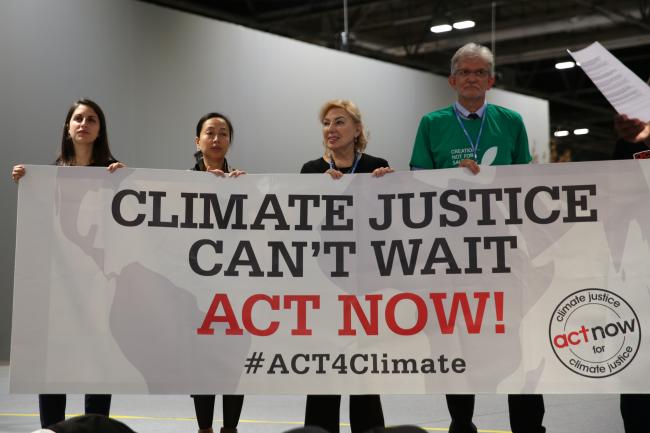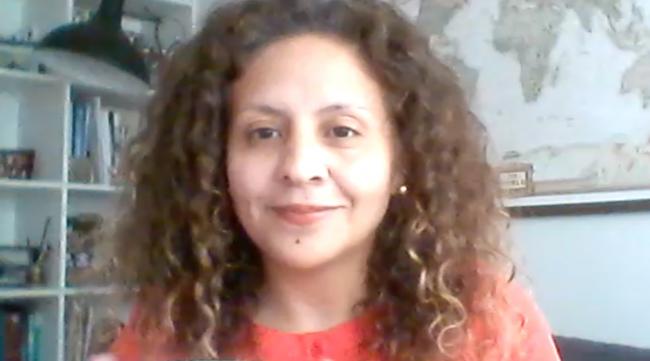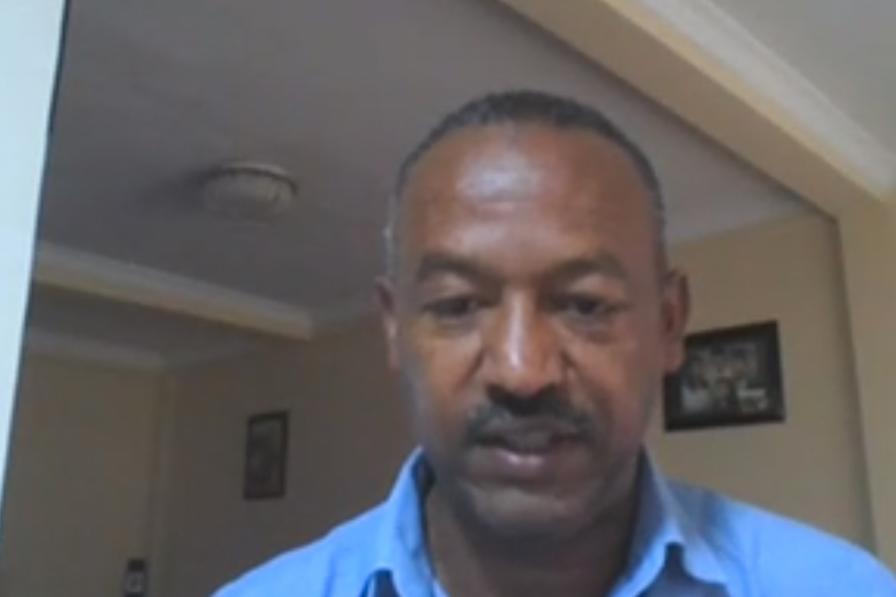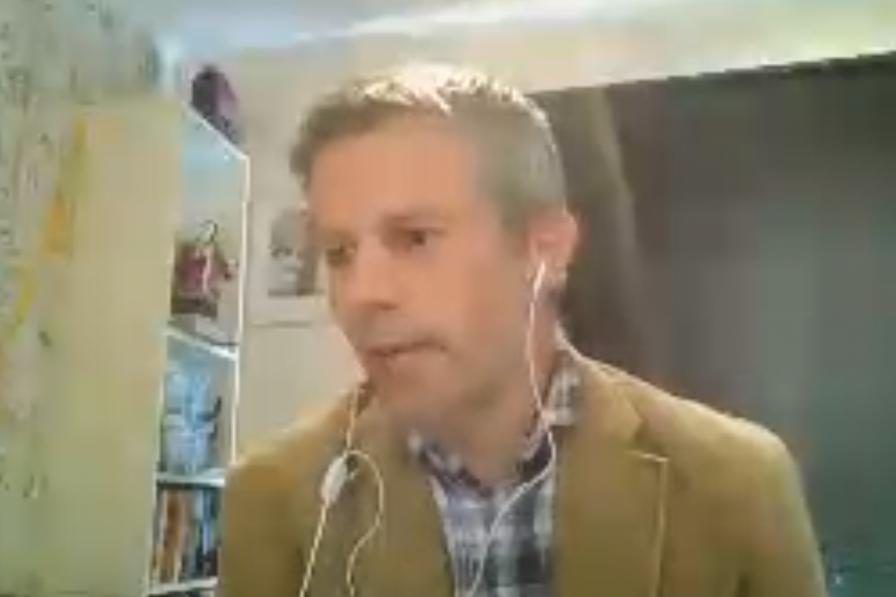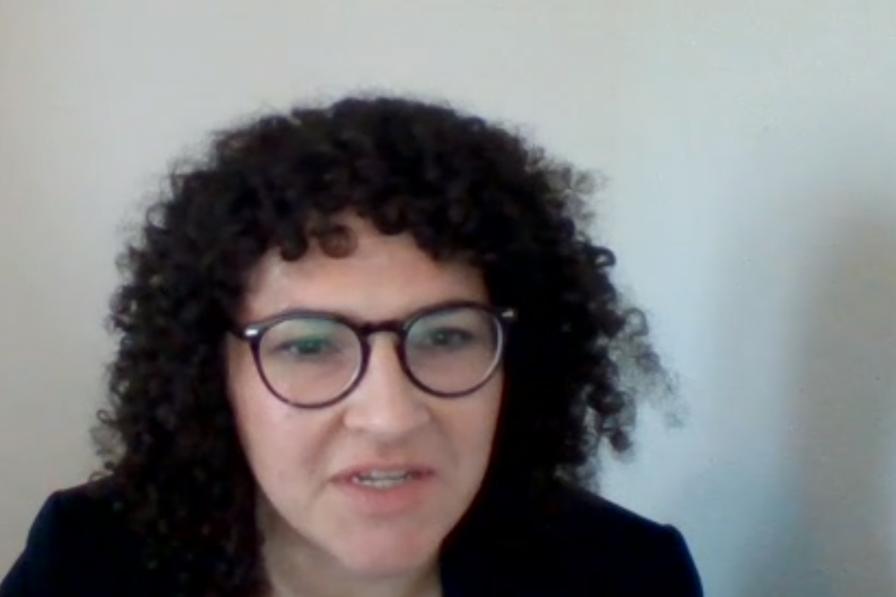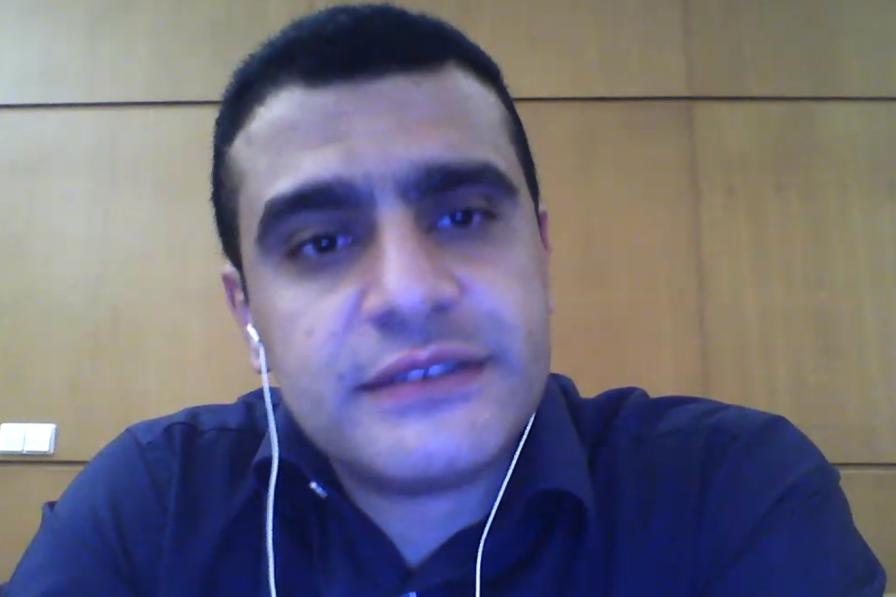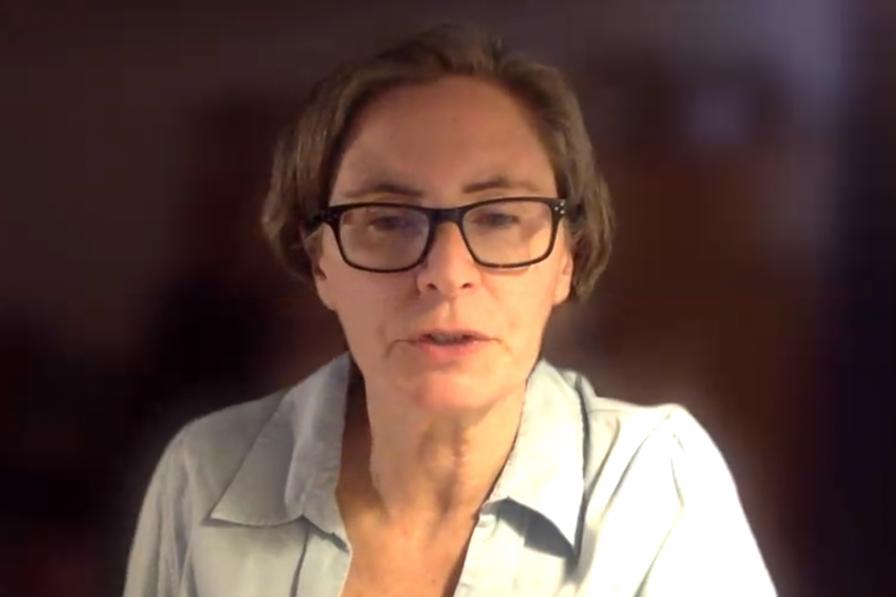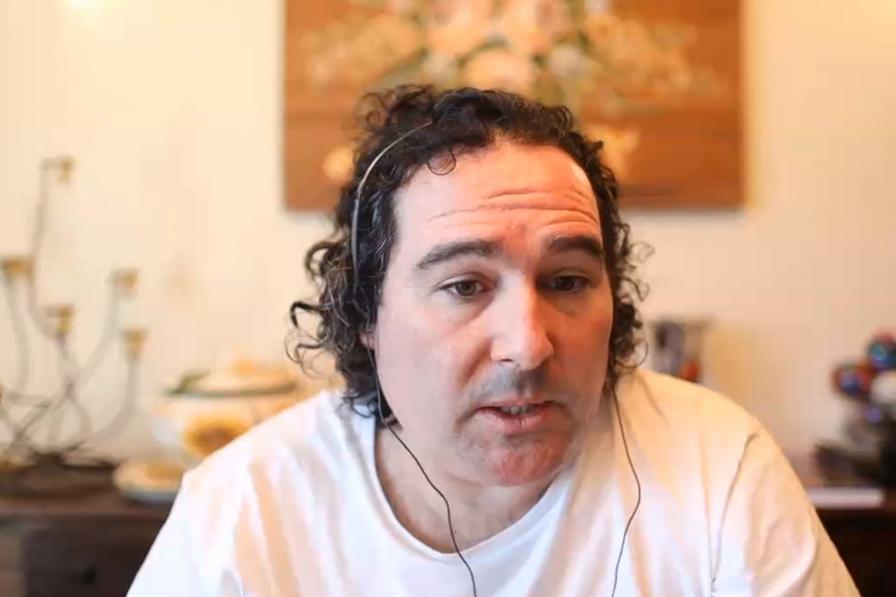The May-June 2021 UN Climate Change Conference continued on Friday in a virtual format to prepare for the 26th meeting of the Conference of the Parties (COP 26) in Glasgow, Scotland, scheduled for November 2021.
Informal consultations took place on the transition of Clean Development Mechanism activities to the Paris Agreement Article 6.4 mechanism; the Koronivia joint work on agriculture; and the review of the Doha work programme. Parties also discussed common time frames for nationally determined contributions in informal-informals.
Transition of Clean Development Mechanism activities to Article 6.4 mechanism
In an informal dialogue on Article 6 (market and non-market approaches), discussions focused on the transition of activities under the Kyoto Protocol’s Clean Development Mechanism (CDM) to the Article 6.4 mechanism. Delegates considered the questions of which actors need to take which steps to enable eligible CDM activities to transition to the 6.4 mechanism, by which deadline this transition should be completed, and which rules of the 6.4 mechanism could apply to transitioned activities immediately. They also reflected on what the Conference of the Parties serving as the meeting of the Parties to the Kyoto Protocol might need to decide upon to facilitate the transition. Some parties noted that consideration of transition was outside the item’s mandate, but expressed openness to engage. Some groups said the transition process should be smooth, quick, and not impose burdens, while other parties did not support any transition of CDM activities.
Koronivia joint work on agriculture
In informal consultations, delegates discussed how to address the consideration of reports from workshops on:
- Improved nutrient use and manure management towards sustainable and resilient agricultural systems;
- Improved livestock management systems, including agro-pastoral production systems and others; and
- Socioeconomic and food security dimensions of climate change in the agricultural sector.
Several delegates noted insufficient time to consider the reports within the scheduled informal consultation slots on this item and requested additional time, possibly in informal-informals. Parties converged on a proposal for parties and sub-groups to submit their views on key elements of importance from each report, to serve as input for the co-facilitators to prepare a basis for more substantive discussions.
Review of the Doha work programme
The aim of informal consultations under this item is to exchange views on the review of the Doha work programme, which was adopted in 2012 and relates to education, training, and public awareness. The work programme contributes to what is known as “Action for Climate Empowerment” (ACE). In opening remarks, Marianne Karlsen, Chair of the Subsidiary Body for Implementation, presented an informal note on this item, highlighting that it is based on discussions held with parties and stakeholders. A fundamental point, she noted, is that many elements of the Doha work programme still hold value and could be included in a successor work programme. Many delegates underscored the value of the Doha work programme, the need to maintain a flexible and country-driven approach, as well as the important role of national focal points for ACE. They also highlighted the need for balance between the six elements of ACE: education, training, public awareness, public access to information, public participation and international cooperation thereon.
To receive continuing coverage of this event delivered to your inbox, subscribe to the ENB Update newsletter.
